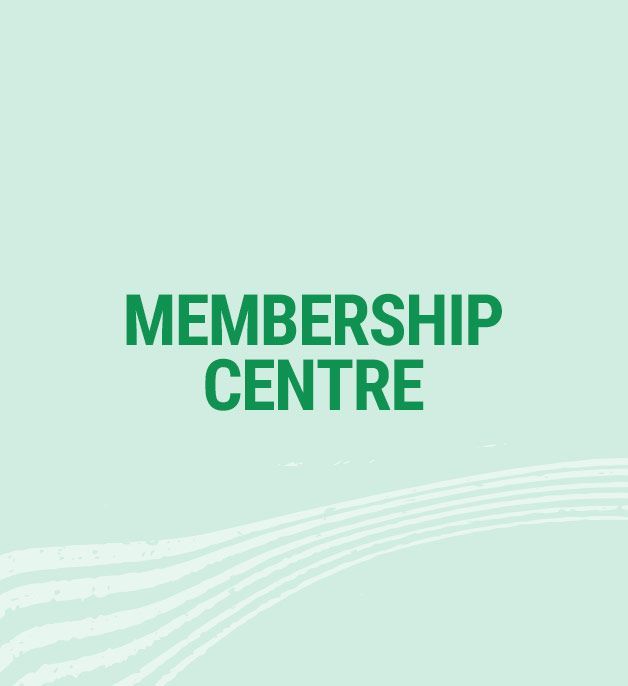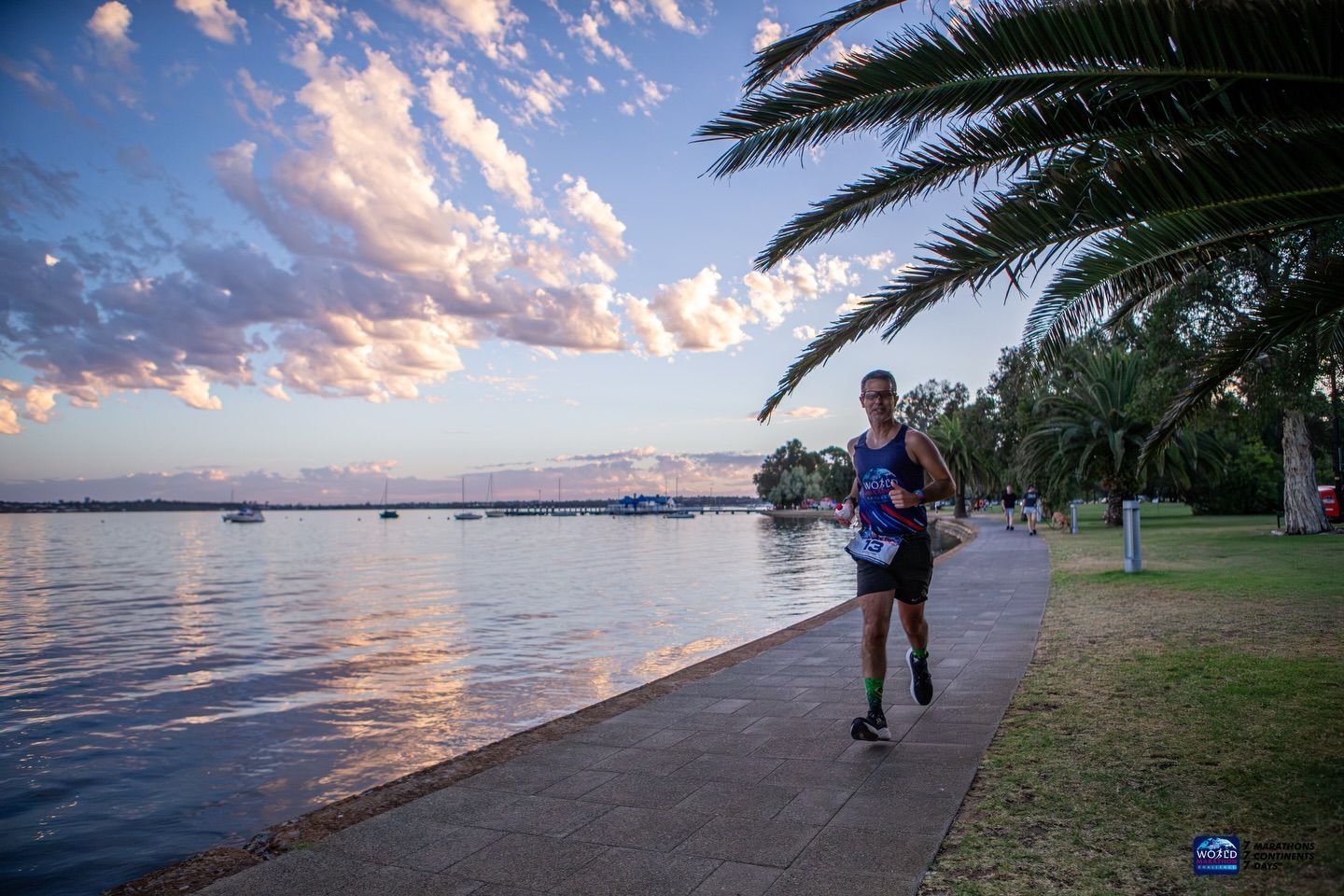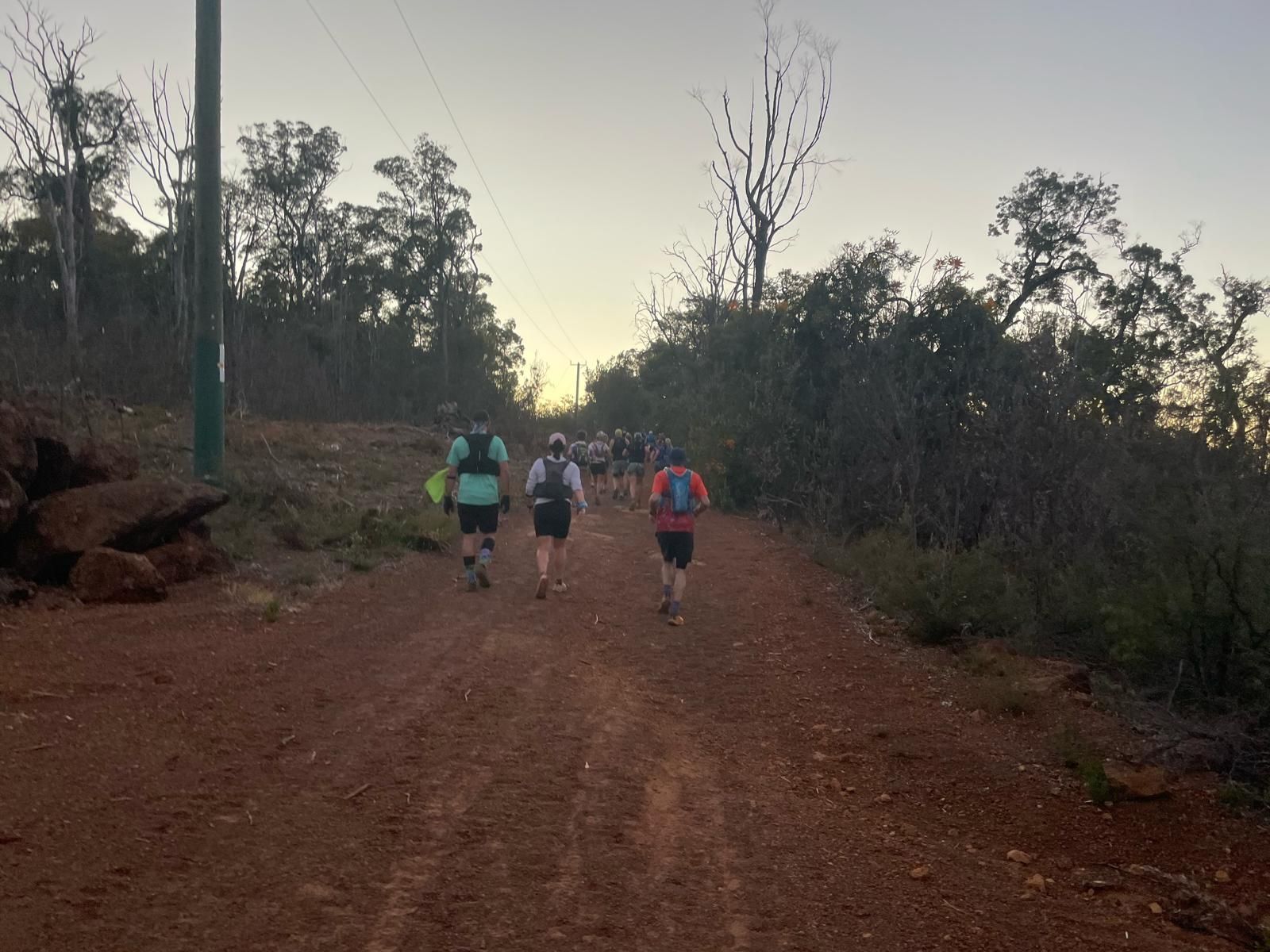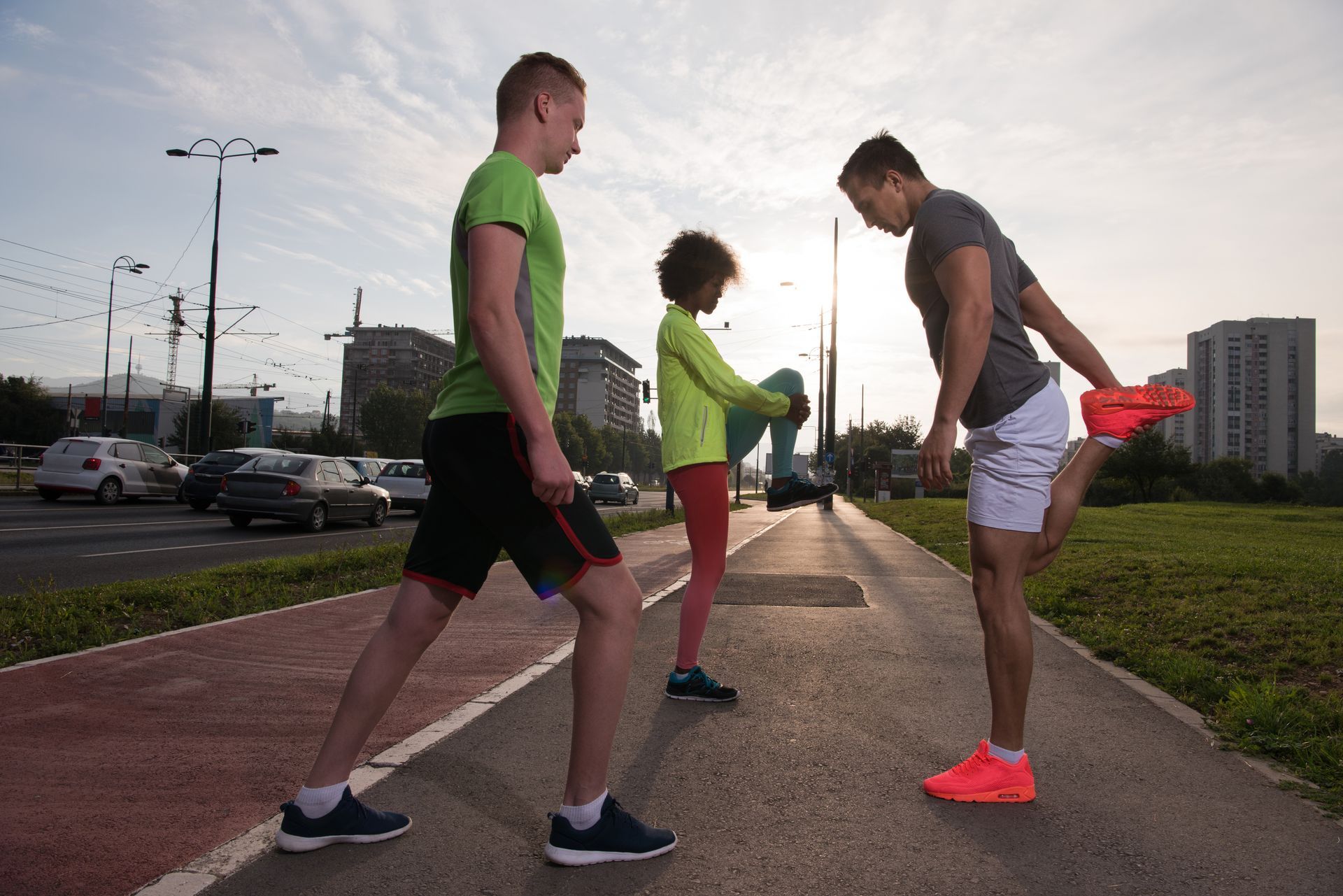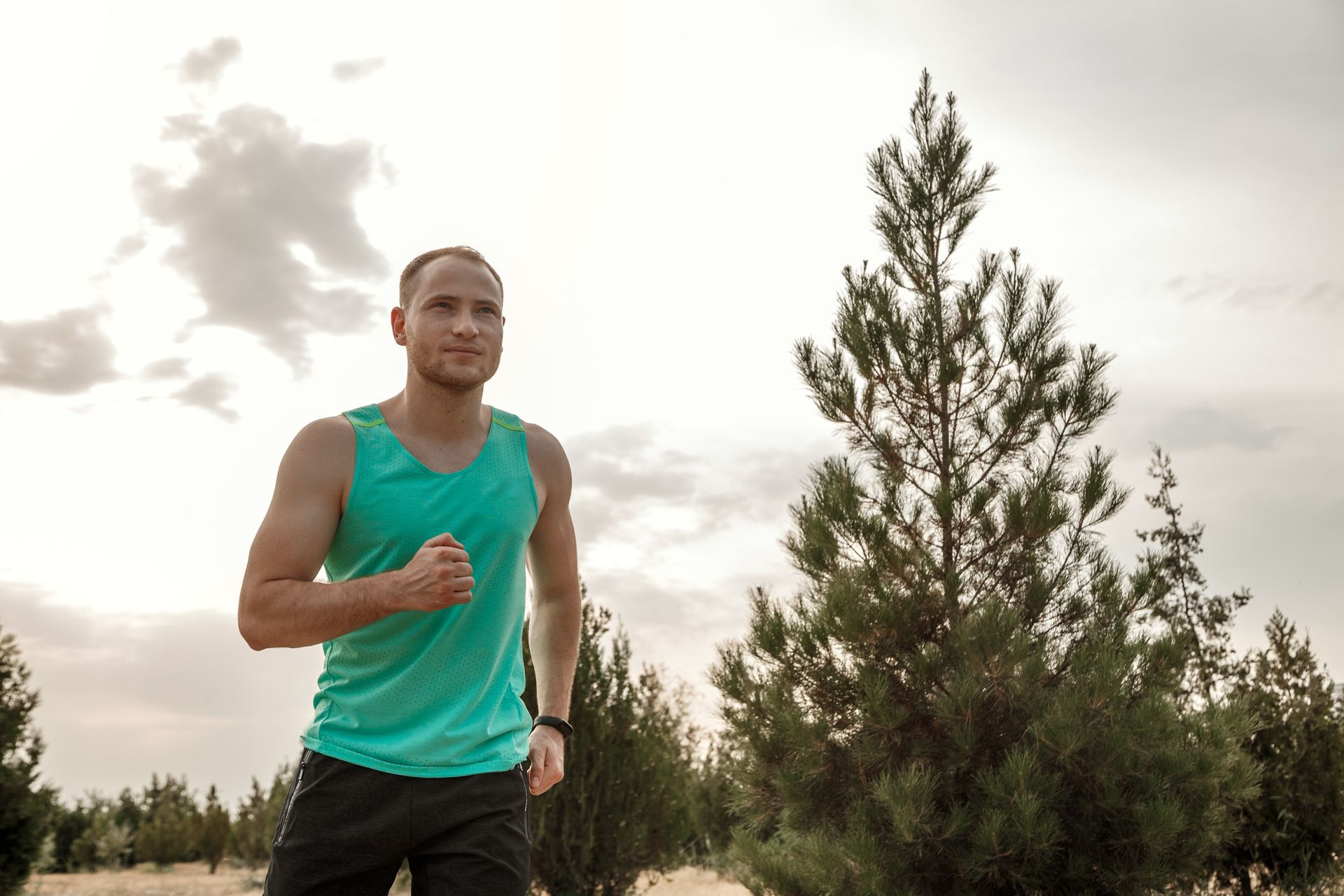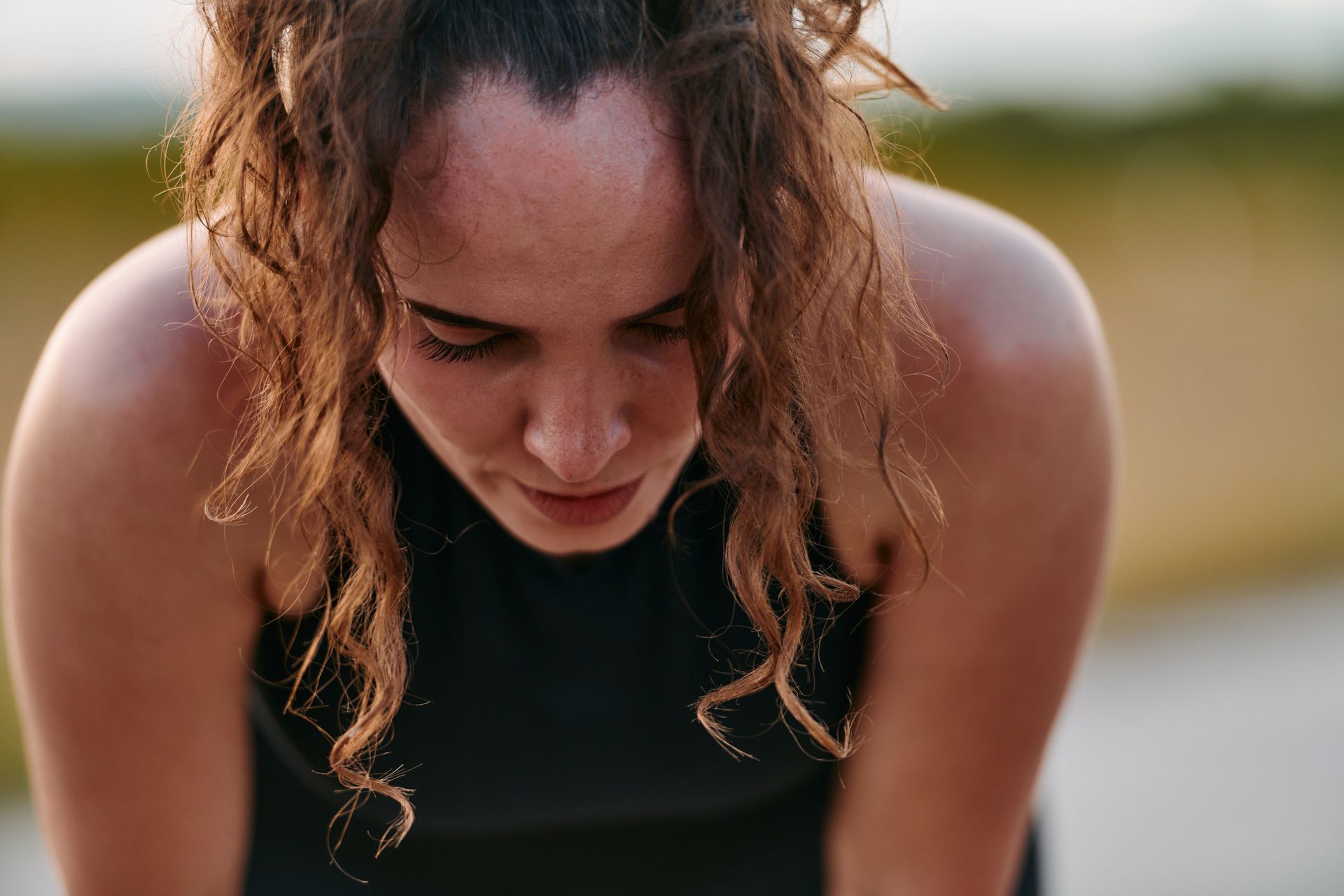
COACH’S CORNER - How Much Is Enough? By Chris Neale
chris neale from summit endurance coaching discusses assessing your training load, and knowing when enough is enough.

One of the most common questions when assessing training load is, “how much is enough?”
There is no concrete evidence to support any one training duration/ mileage recommendation for a given event due to the vastly individual nature of athlete training doses. The following has been assimilated by Dr. Shawn Bearden (of Science of Ultra fame) from his own research, coaching practices, and discussions with hundreds of other coaches over many years.
50K - 50km p/wk to finish, >75km p/wk to perform well, for at least 3 weeks pre-taper
50 Miler or 100K - 65km p/wk to finish, >100km p/wk to perform well, for at least 5 weeks pre-taper.
100 Miler- 75km p/wk to finish, >110km p/wk to perform well, for at least 6 weeks pre-taper.
This is a VERY rough guide, some athletes will perform well on much less, some will be able to handle more, it’s simply a useful starting point for when I meet a new athlete and they share their goals and training budget with me.
The above guide is all well and good, but let’s dig a little deeper and really ensure we’re setting you up for success with your baseline training.
So, how much is enough for you?
As much as you can tolerate and continually enjoy.
This answer, also taken from Dr. Bearden strips away any and all notion of requiring complicated training formulas and plans, and gives one the confidence to simply dial into a training routine that they enjoy, and that consistently challenges them without overwhelming them. I echo his sentiments, and regularly use this answer as a framework for my athletes when creating new training programs or managing ongoing ones.
Bearden’s answer also speaks to the individual nature of training and the hugely important, but often overlooked fact that two athletes could manage vastly different training loads, yet still share similar performances come race day.
In zeroing in on this enjoyable and sustainable answer even further, two questions are useful;
How much training are you motivated to do?
How much time do you realistically have to train each week?
Picking the lower number of the two (in hours) is likely a solid starting point for general training as it keeps things firmly in reality rather than hypothetical ‘best case’ scenarios.
It’s all well and good to want to train 8+ hours a week but if, after considering work, family, and day-to-day commitments the answer is closer to 4 then striving for 8 (whilst admirable) is likely to result in frustration from missed sessions or worse, mental, physical, and/or emotional burnout.
On the flipside, having a clear weekly slate to train doesn’t mean A. you’re actually interested in training a lot or B. it's necessarily a good idea to train that much (as with new athletes or those returning from injury for instance).
It should also be said that these numbers can easily change up or down so frequent reassessment is key. Similarly, planning goal races in a time of year when your work commitments are historically very high is likely not the best idea.
In analysing race specific scenarios and time horizons, I consider the following questions;
What training demands does the race create?
How prepared are you currently for those demands?
How much time do you have to prepare and is this a realistic timeframe to adequately prepare your body for the demands of the race?
Within the context of your life, are those training demands realistically achievable and sustainable week after week, month after month?
Is your life schedule fairly consistent or does it change week to week?
What are your goals for the race and do these goals impose a need for extra training demand?
As a coach, my first responsibility is your health and wellbeing, not your race results. If a target race or race goal is simply unachievable or the risk of burnout/ injury to achieve it is high, then it’s my duty of care to have an honest conversation with you, explain my rationale, and recommend readjusting expectations so that you’re playing a race/ training game that you can actually enjoy and perform well in.
From the race planning stage, we can then move into analysing your training load with some more specific questioning i.e.
If you have a consistent training history, what have you been able to comfortably manage in the past?
How much intensity was included in your previous programs?
Have you experienced recurring injuries or niggles and can we see any correlation to training load?
How does your current training:life balance correlate to previous training cycles?
Then the question becomes, what’s more important? Frequency of effort, overall volume of effort, or intensity? Well, it depends on the athlete.
Ideally we marry frequency and a solid (relative to the athlete) training volume together in order to create a consistent practice. Intensity is then the special sauce that can be added once we’ve got a baseline habit formed. Getting out the door as frequently as possible helps break larger total volumes down into more manageable chunks, avoids the ‘weekend warrior’ approach where we attempt to make up for little-to-no weekday training with massive weekends (this fundamentally breaks the rule of sustainable adaptation and managing acute session loads which will likely lead to injury or burnout), and allows the body to experience a gentle stress:recovery:adaptation cycle as often as possible, paving the way for bigger training loads in the future.
One of the first concepts that my coach, Andy Dubois instilled in me was, “we don’t train in a vacuum”. Sure, it would be great to have a whole reserve of energy available for training that somehow didn’t get drawn from by the rest of our life demands. In reality, we know this isn’t the case. Work stress, financial stress, relationship stress, poor sleep, a late night etc. all affect our energy systems and play a defining role in how easy or hard we perceive a session to be. Paying attention to these patterns and viewing an individual training session within the context of life events allows for much more quality feedback than simply looking at numbers alone.
Putting it all together, the beauty of training and coaching is that, amongst other things, no two athletes are the same, no two races are the same, and no two training cycles are the same. By outlining a realistic race-specific framework through smart questioning, confidently exploring alterations via trial and error, viewing and managing training load/ expectations within the context of day-to-day life, and providing smart progressive training interventions, an athlete can dramatically improve their chances of experiencing long-term, enjoyable training and racing success.
